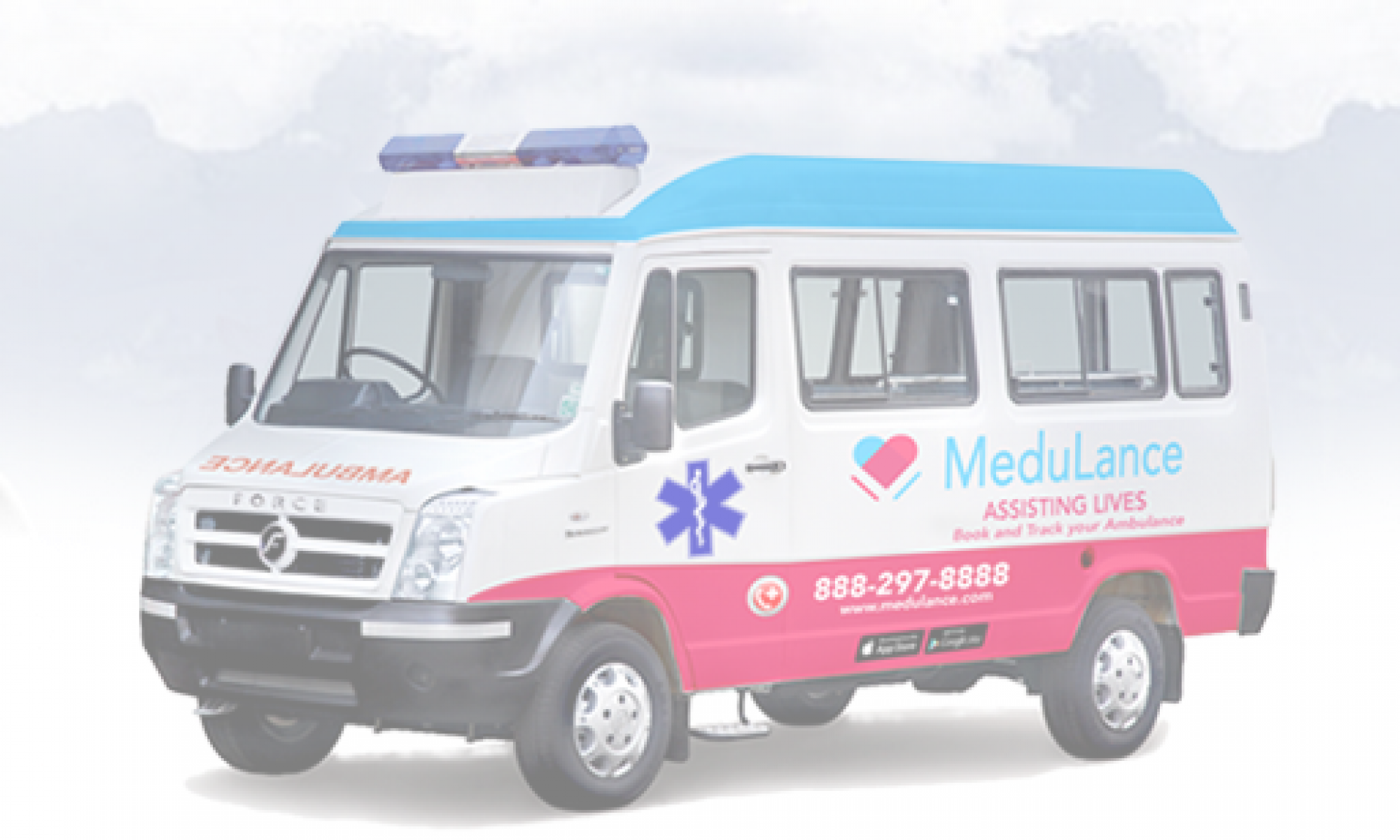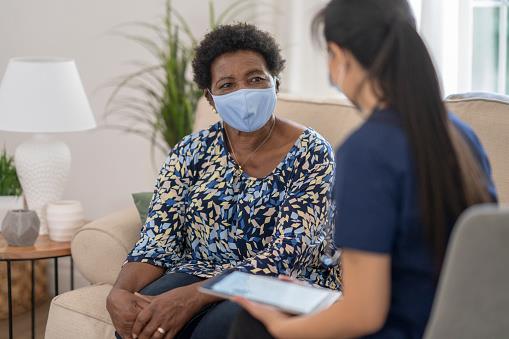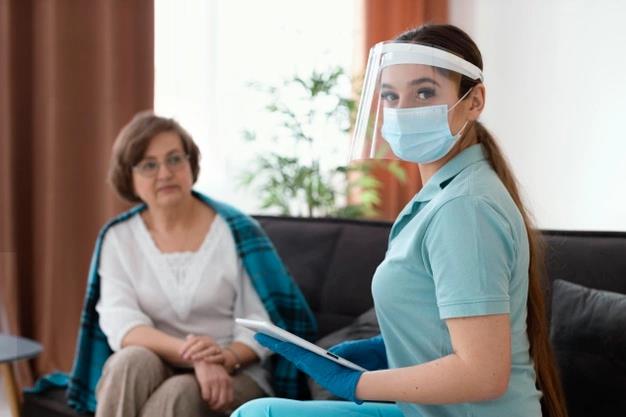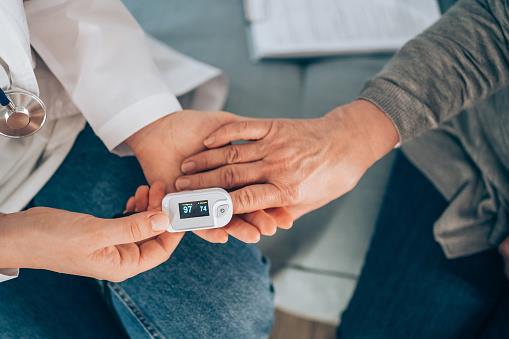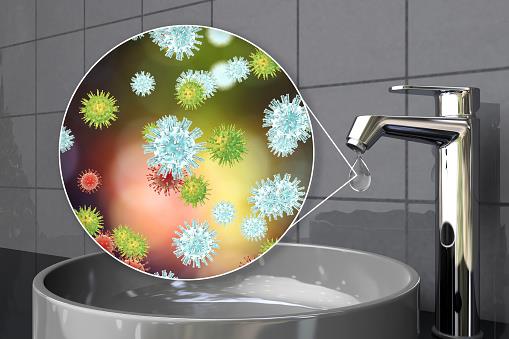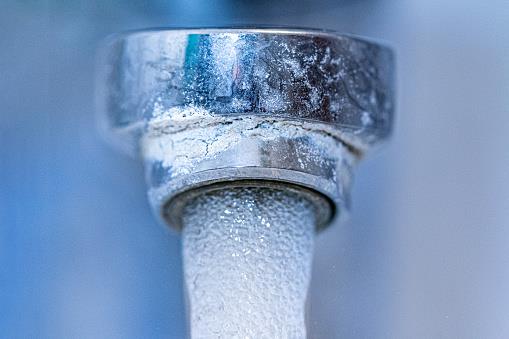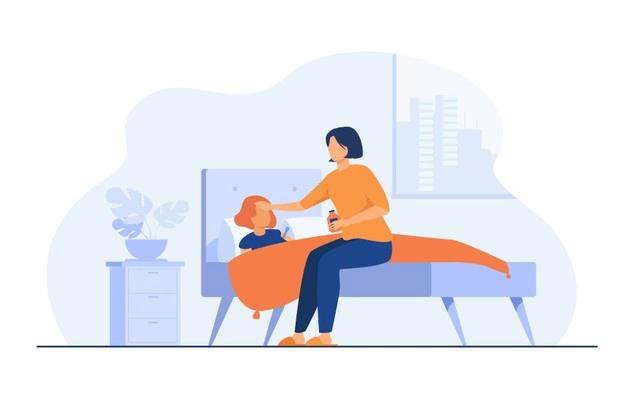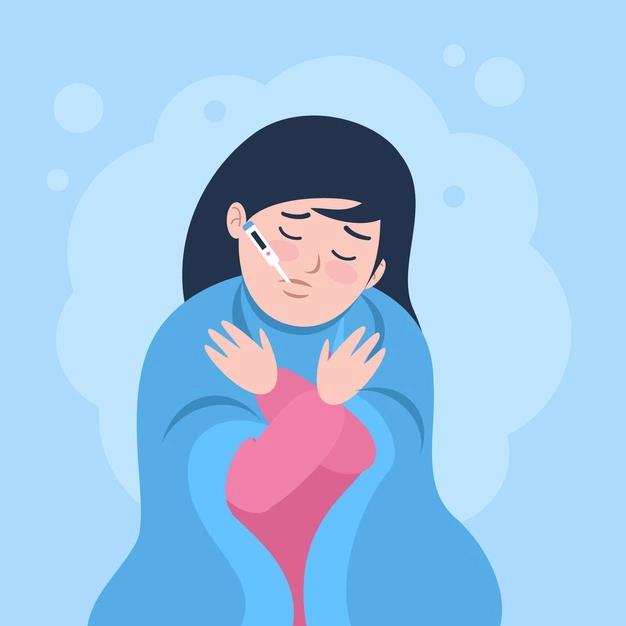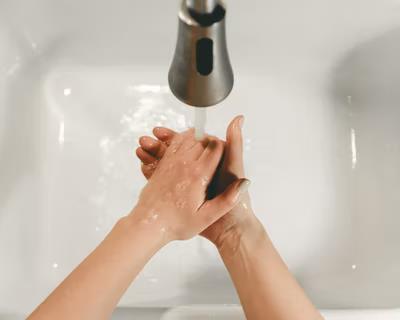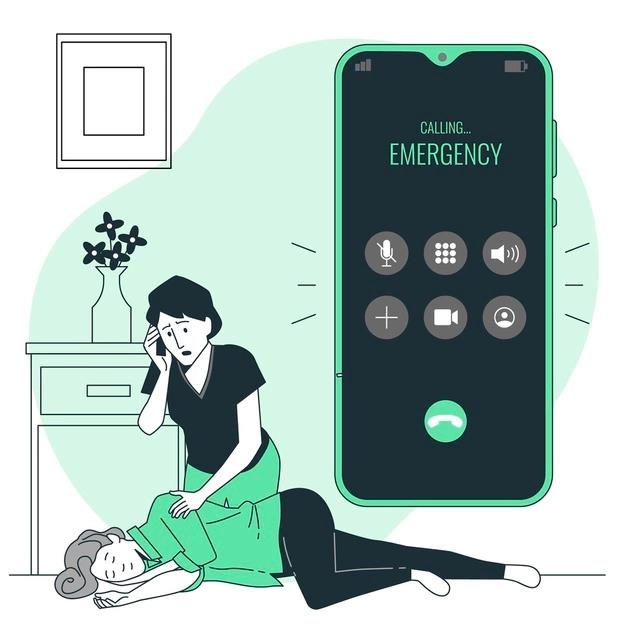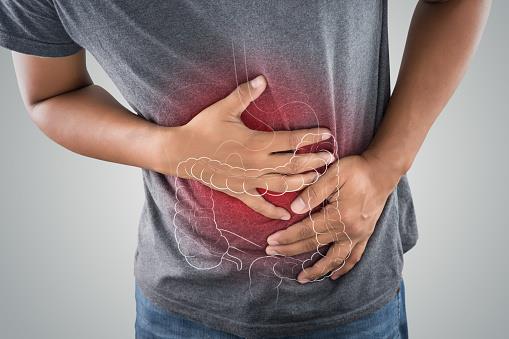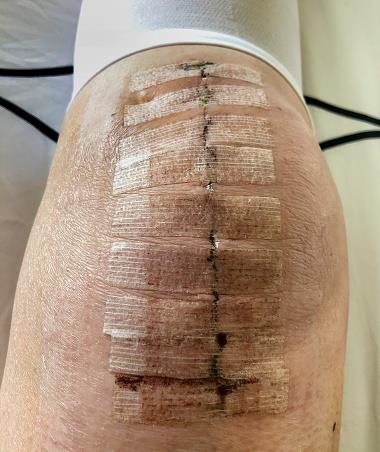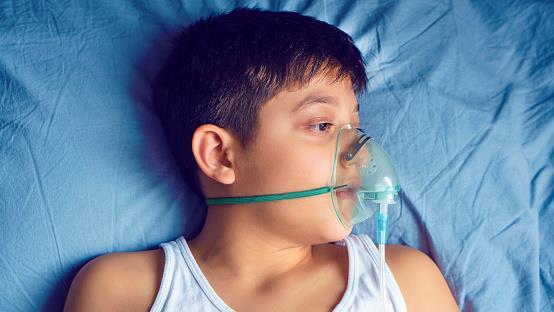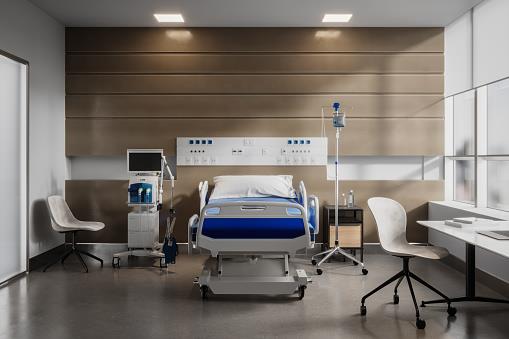Home healthcare is a booming industry in India, but it is still in the nascent stage. Having been a part of the unorganized sector until a few years ago, there is a lack of government norms and accreditation for the industry. Home healthcare services must also deal with patients and their family’s expectations.
Some challenges faced by home healthcare agencies and viable solutions for them are:-
Hiring Professionals
Given the ever-increase demand, home health care agencies will face the challenge of finding qualified staff. The personnel delivering home healthcare must be qualified in treatment procedures and also be professional in their approach. Patients can sometimes be difficult to handle or actively object to treatment procedures, which can create tension but the personnel and the patients. The staff must be well-adept at resolving such issues and building a rapport with the patients and their family members. Finding such qualified personnel is easier said than done.
Lack of Government Classification and Accreditation
While it is comforting to think that many of the home health aides are certified nurses or nurse’s aides, the truth is they are often “regular” folks who have gone through a non-standardized training program created by the company that hired them. This leads to plenty of confusion regarding just what these individuals can and can’t do. Thus, there is a very immediate need for government regulation in the industry.
Utilizing Technology
Faster, less-intrusive, and more powerful equipment replaced older, outdated systems. Technology is expanding at an ever-increasing pace, from home health monitoring systems that integrate with hospital networks to mobile pharmaceutical administrations units. But the home health care industry is struggling to keep up. Learning how to correctly and effectively use these new gadgets takes a considerable investment of time and effort, which is often not made in tier two and three cities.
Medulance , in addition to the Online Ambulance Booking service in Delhi-NCR area, also provides an ICU at Home Service. Medulance’s aim to assist lives has allowed us to provide high quality Intensive Care Unit at home. Finding an ICU at home can be very taxing, both emotionally and monetarily. Medulance bridges this gap by providing the most complete and sound supportive critical care in the comfort of your home
